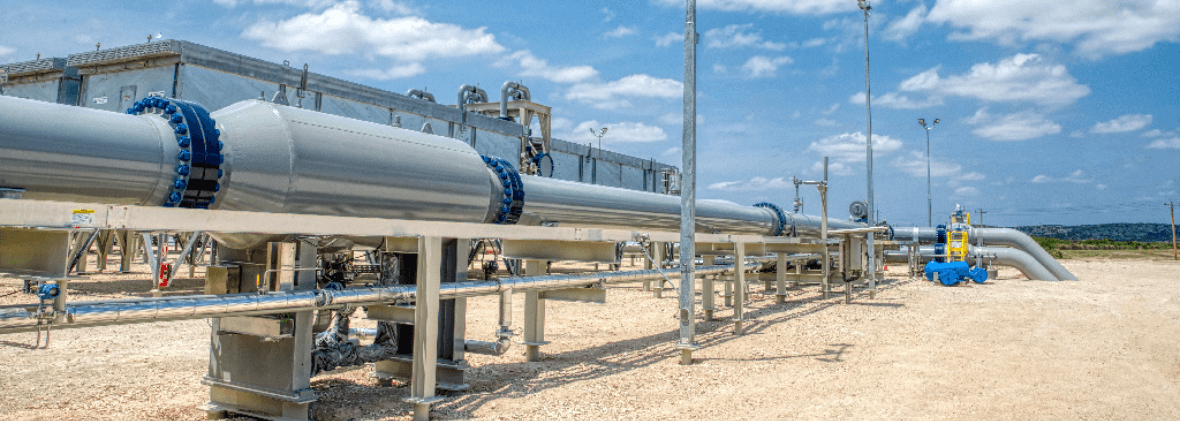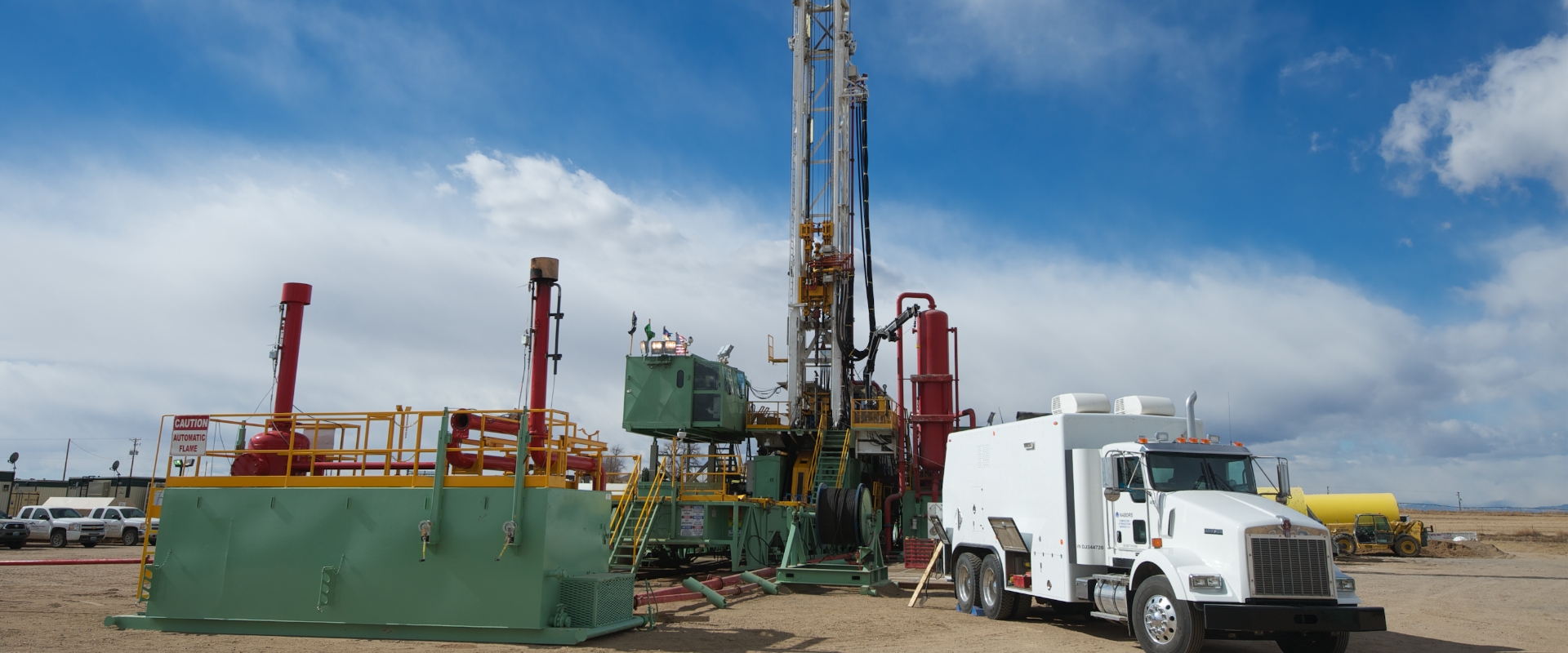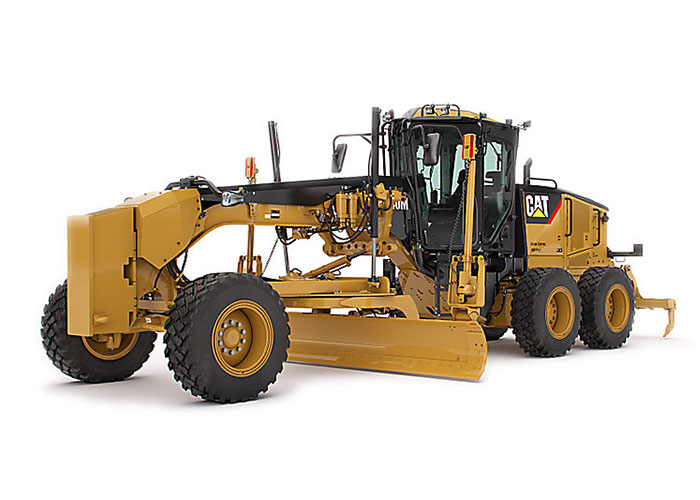Superior Oilfield Rentals: pricing strategies broken down
A Comprehensive Overview to the Numerous Sorts Of Oil Field Equipment and Pipeline Equipment Available
The oil and gas market counts greatly on specific equipment for reliable removal and transportation. Different kinds of equipment, from drilling rigs to tank, play crucial duties in this complex process. Each tool serves distinct features that add to overall functional success. Comprehending these parts is essential for anybody associated with the field. As the market develops, so too do the innovations that sustain it. What advancements are on the horizon?

Drilling Rigs: The Foundation of Oil Exploration
Drilling rigs function as the important equipment in the domain of oil exploration, enabling firms to gain access to hydrocarbon books buried deep underneath the Planet's surface. These rigs come in numerous kinds, including land rigs, offshore rigs, and mobile systems, each developed to operate in specific environments. Geared up with advanced modern technology, drilling rigs can permeate geological developments with accuracy, ensuring effective resource extraction. The structural integrity and functional abilities of these rigs are crucial, as they must stand up to severe conditions and considerable stress. In addition, the selection of a drilling gear affects the total project expense and timeline, making it a crucial factor to consider for oil companies seeking to enhance their expedition efforts and maximize efficiency in their operations.
Pumps: Important for Liquid Motion
In the oil extraction process, the duty of pumps is substantial, facilitating the activity of liquids throughout different stages of manufacturing. Pumps are crucial for transferring unrefined oil, water, and various other liquids from underground storage tanks to the surface area and after that with pipes to refineries. They come in various kinds, consisting of centrifugal, favorable variation, and completely submersible pumps, each offering certain objectives based upon the fluid qualities and operational demands. Centrifugal pumps are generally used for their efficiency in high-flow applications, while favorable variation pumps master handling thick fluids. The choice of pump influences general efficiency, operational safety, and maintenance expenses. Correct choice and upkeep of pumps are important for enhancing manufacturing and lessening downtime in oil field operations.
Shutoffs: Controlling Flow and Pressure

Valves play a vital duty in managing the flow and pressure of liquids within oil fields and pipelines. Different kinds of valves serve distinctive applications, each developed to meet specific functions fundamental for reliable procedure - Superior Rentals near me. Recognizing the characteristics and uses these valves is necessary for maximizing system efficiency and safety
Sorts of Valves
Important components in oil field operations, valves play an important function in managing the flow and pressure of liquids within pipes and tools. Numerous kinds of shutoffs are used to satisfy the diverse needs of oil and gas production. Usual types include entrance valves, which offer a straight-line flow and very little pressure drop; globe valves, known for their strangling abilities; and sphere valves, recognized for their quick on/off control. Additionally, check shutoffs protect against heartburn, while butterfly shutoffs use a lightweight service for controling flow. Each shutoff kind is designed with particular materials and arrangements to endure the harsh problems frequently located in oil areas, ensuring reliability and effectiveness in operations. Comprehending these types is important for efficient system administration.
Valve Applications and Functions
While numerous sorts of valves offer distinct purposes, their key applications focus on managing flow and pressure within oil and gas systems. Valves such as gateway, globe, and ball valves control fluid activity, making sure peak performance and security. Gate valves are frequently made use of for on/off control, providing marginal circulation resistance. Globe shutoffs, on the other hand, deal specific circulation regulation, making them suitable for strangling applications. Sphere valves are preferred for their quick operation and limited sealing abilities. In enhancement, pressure safety valve are important for preventing system overpressure, securing equipment stability. Overall, the suitable option and application of valves improve functional efficiency, making sure the reliable transport of oil and gas with pipelines and processing facilities.
Compressors: Enhancing Gas Transportation
Compressors play an essential function in the reliable transportation of gas, guaranteeing that it moves smoothly via pipes over fars away. These gadgets raise the pressure of natural gas, enabling it to get over friction and elevation modifications within the pipeline system. In addition, compressors facilitate the balancing of supply and need, suiting variations in consumption and production rates. Different sorts of compressors are employed in the industry, including centrifugal, reciprocating, and rotating screw compressors, each offering distinctive benefits based upon the functional requirements. Regular maintenance of these compressors is necessary to make the most of effectiveness and reduce downtime, inevitably contributing to a trustworthy gas transportation network. Their important function underscores the value of compressors in the general oil and gas facilities.
Storage Tanks: Safe and Effective Liquid Monitoring
Reliable transportation of gas counts on various support group, one of which is the correct monitoring of storage space containers. These containers play a crucial duty in securely consisting of fluids, guaranteeing that functional performance is kept while decreasing ecological threats. Constructed from durable materials, they are created to stand up to high pressures and harsh elements. Appropriately sized and tactically located, storage space containers promote the smooth flow of natural gas and various other fluids, protecting against traffic jams in supply chains. Normal upkeep and surveillance are crucial to identify leaks or structural concerns, advertising safety and conformity with governing criteria. Eventually, the efficient monitoring of storage tanks is important for the overall integrity and reliability of the oil and gas check my blog market's fluid handling systems.
Pipeline Systems: Framework for Transport
Pipeline systems work as the backbone of the oil and gas industry, promoting the effective transport of hydrocarbons over huge ranges. These systems include numerous parts, including pipes, shutoffs, pumps, and compressors, all meticulously created to assure seamless circulation. The products used in pipeline building and construction, typically steel or high-density polyethylene, are picked for toughness and resistance to corrosion. Pipeline networks can cover throughout land and water, connecting production websites to refineries and distribution centers. In addition, progressed modern technology enables real-time monitoring of flow prices and stress degrees, boosting functional performance. The critical positioning of these pipes decreases ecological influence while taking full advantage of resource ease of access, consequently playing an essential role in meeting energy demands internationally.
Security Equipment: Making Certain Employee and Environmental Protection
The operation of pipeline systems, while essential for energy transportation, also presents significant security difficulties for workers and the environment. Safety equipment plays a significant duty in mitigating these risks. Individual safety tools (PPE) such as headgears, handwear covers, and non-slip footwear safeguards employees from physical risks. Additionally, gas discovery systems monitor for leakages, making sure that damaging substances do not posture a danger to workers or the bordering environment. Emergency closure systems are imperative for quickly stopping operations throughout a dilemma, preventing prospective disasters. Spill control materials, consisting of absorbents and barriers, are essential for decreasing ecological impact. On the whole, investing in all-encompassing safety and security devices is critical for maintaining functional integrity and securing both employees and the environment in the oil and gas sector.

Frequently Asked Inquiries
Exactly how Do I Choose the Right Oil Field Equipment for My Job?
Choosing the ideal oil area equipment includes reviewing project specs, explanation spending plan restrictions, and functional requirements. Think about factors such as tools dependability, compatibility with existing systems, and the provider's track record to assure peak performance and safety.
What Are the Maintenance Needs for Oil Field Equipment?
Maintenance needs for oil field equipment consist of normal examinations, lubrication, and timely repair work. Operators should additionally abide by manufacturer standards, monitor efficiency metrics, and warranty conformity cipp lining companies near me with safety and security laws to improve longevity and effectiveness.

Exactly How Can I Ensure Compliance With Environmental Rules?
To assure conformity with ecological regulations, companies have to conduct regular audits, execute finest methods, purchase training, keep correct documents, and remain upgraded on regulation (Superior Rentals Contact). Cooperation with ecological firms can additionally boost adherence to laws
What Is the Ordinary Life Expectancy of Pipeline Equipment?
The typical life expectancy of pipeline equipment normally varies from 20 to 50 years, relying on variables such as worldly top quality, environmental conditions, and maintenance techniques. Regular examinations can greatly influence longevity and operational effectiveness.
Exactly how Do I Safely Deliver Oil Field Equipment to Remote Locations?
Moving oil area equipment to remote locations requires careful planning, consisting of course analysis, safeguarding authorizations, using suitable cars, and making sure security protocols are adhered to. Appropriate training and communication amongst crews are crucial for successful transport.